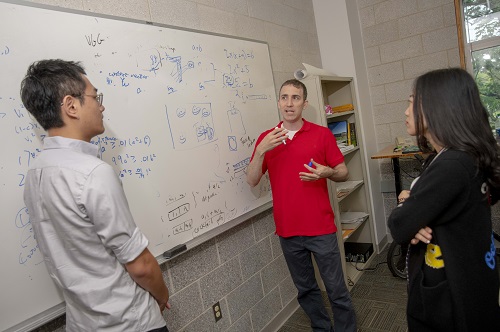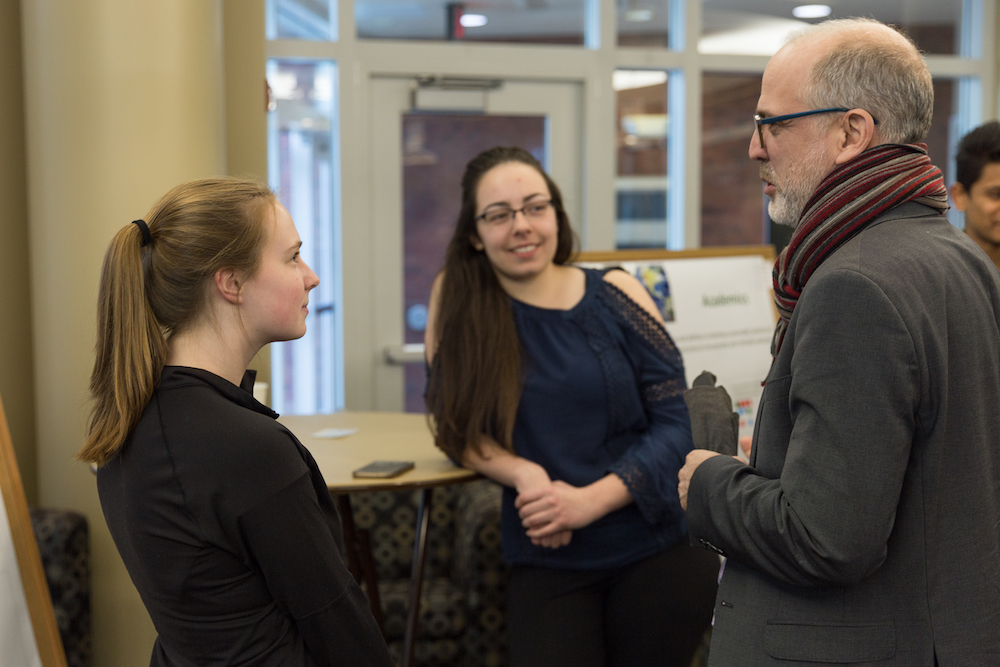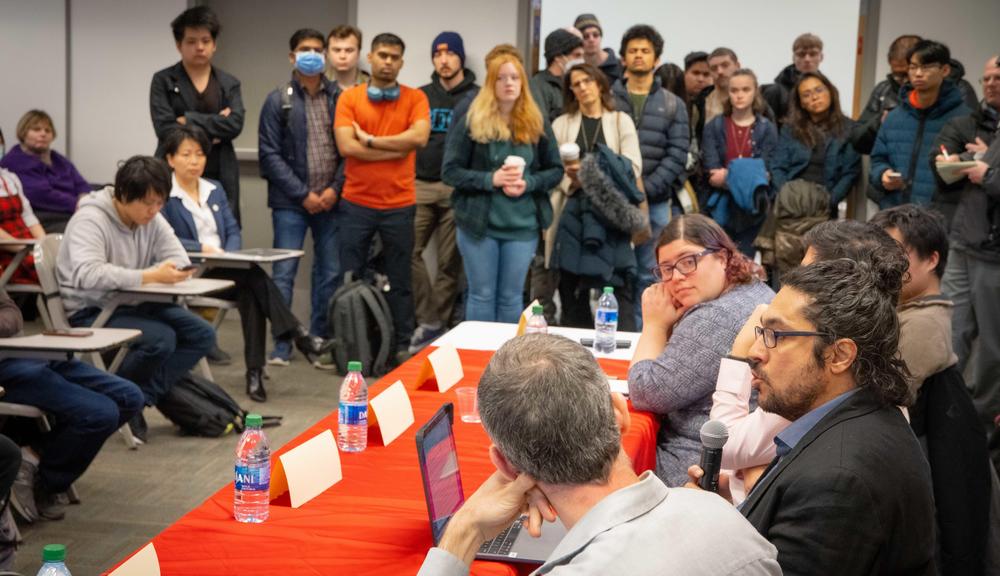Worcester Polytechnic Institute professor Jacob Whitehill has received a multi-year grant to develop a learning platform for teachers that has the potential to improve teaching quality, lower teaching training costs, and enhance emotional support to students. A prototype system is expected to be tested with pre-kindergarten and elementary school teachers in Virginia starting in 2020.
Traditionally, teachers hone their classroom interaction skills by watching videos of other teachers, or through occasional feedback provided by another educator observing the teacher in the classroom. Whitehill, assistant professor of computer science, believes that artificial intelligence can provide more effective ways of helping teachers to enhance their skills and improve their interactions with students.
Under the three-year, $750,000 grant from the National Science Foundation, Whitehill will use machine learning, a type of artificial intelligence, to enable accurate, frequent, and highly specific feedback on classroom dynamics.
“Machine learning can enable the fine-grained analysis of classroom videos on a whole new scale,” said Whitehill. “Modern computer vision, computer audio analysis, and natural language processing

Whitehill’s AI platform will be able to give accurate, frequent,
and highly specific feedback on classroom dynamics to K-12 teachers.
algorithms can provide a wealth of useful information to help teachers identify certain classroom dynamics.”
Whitehill is collaborating with WPI colleagues Erin Ottmar, assistant professor of psychology and learning sciences, and Lane Harrison, assistant professor of computer science, and with Jennifer LoCasale-Crouch of the University of Virginia’s Curry School of Education.
The team will develop an Automatic Classroom Observation Recognition neural Network (ACORN) platform, which will recognize behaviors related to “emotional support.” The team will also develop a Classroom Observation Interactive Learning System (COILS), which will train teachers to pick up on classroom dynamics more precisely. The technology will be tested on 50 participants in the University of Virginia’s teacher training program and their students at Virginia-based Pre-K and elementary schools.
During the study, ACORN will analyze videos of school classrooms that are recorded as part of normal classroom observation practice. It will then score instances where teachers show or do not show emotional support to students. ACORN will also compute a heat map that shows during which times teachers display emotionally supportive behaviors to students, and determine a score for that interaction. The scores and heat maps are then analyzed by COILS to provide an interactive training and professional development experience for teachers on how to improve their classroom interactions, and create a more positive learning environment for students. In contrast to traditional, manual classroom observation — whereby teachers receive just a few scores per each 15-20 minute video segment — this AI-based approach will provide much more detailed information about specific classroom events.
Whitehill is hopeful the new system will solve many of the existing challenges.
“This is a highly challenging computational problem, but we’re confident that this new platform will provide teachers with valuable information to foster better classrooms for their students,” said Whitehill. “In the end, it really comes down to helping teachers provide students with the support they need to learn.”







